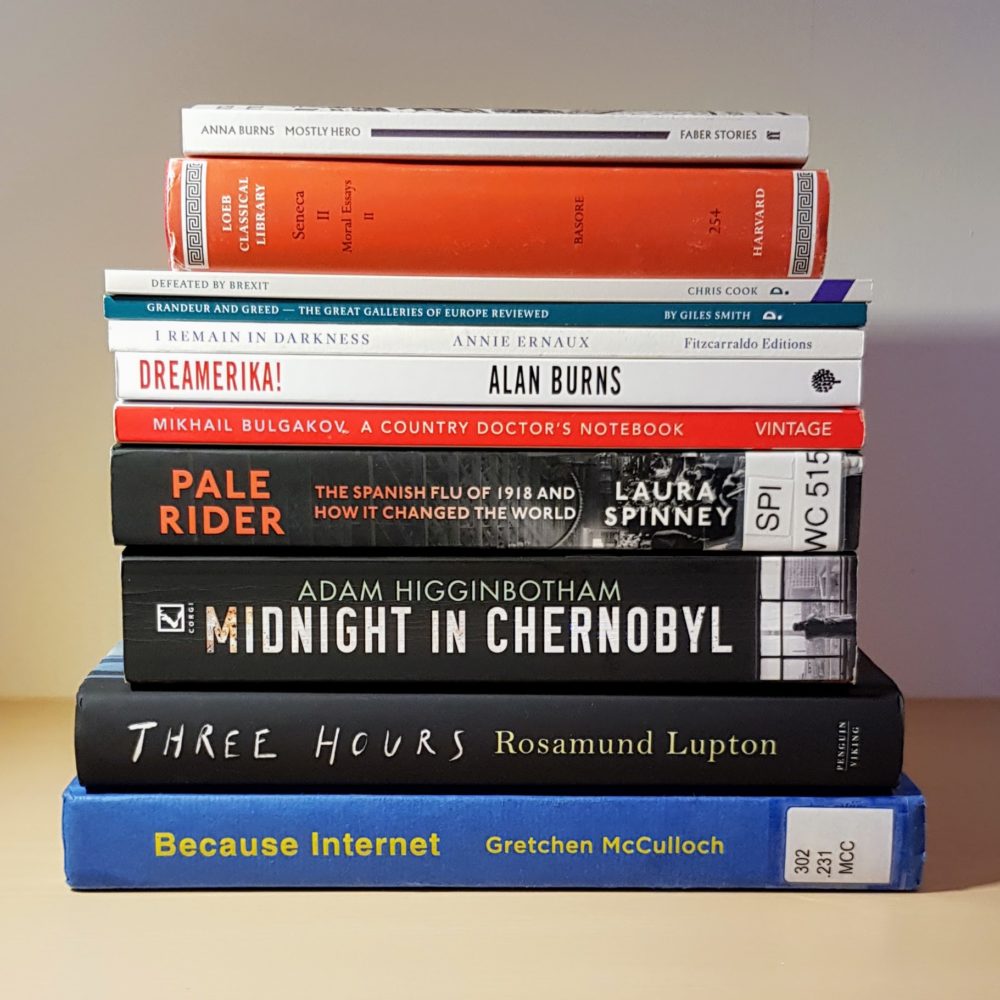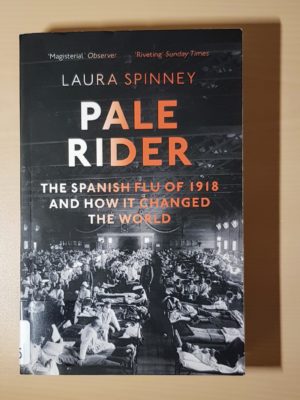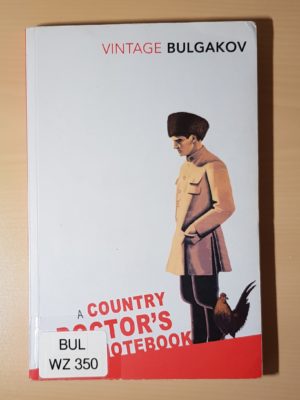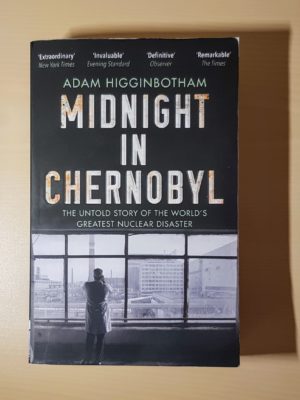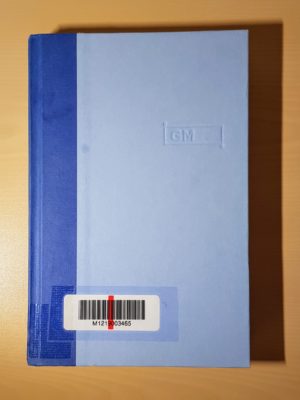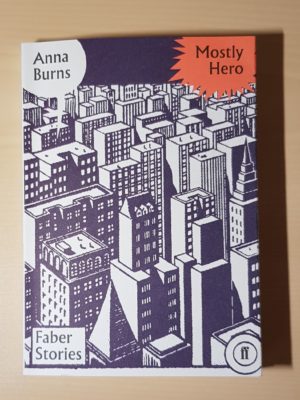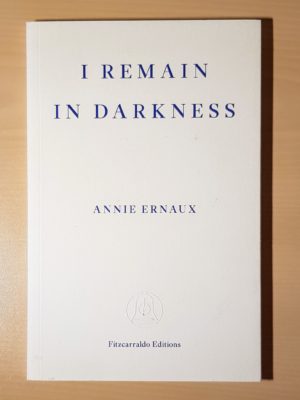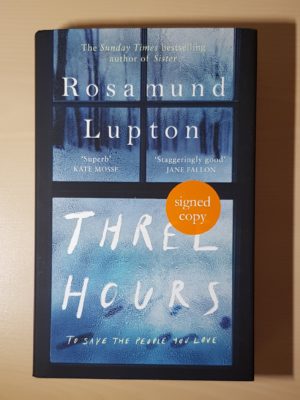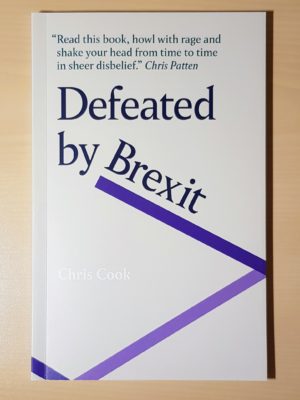31 things I learned in March 2020
1: Talking about how to influence politicians, Professor Dame Sally Davies told the HSJ ”You’ve got to think ‘where are they coming from’ and frame the issues so it has salience for them.” When I was lucky enough to work alongside her, I learned a huge amount from just watching how Sally worked. It still strikes me as notable that many doctors take the approach she describes with their patients but don’t do the same in political discussion.
2: Leaving portfolios until the end of the appraisal/CPD year is a bad idea. This isn’t really a lesson specific to this year, but I never seem to learn it regardless.
3: Some days are longer and busier than others.
4: In Grandeur and Greed, Giles Smith refers to Bassano’s painting The Animals Entering Noah’s Ark as having “the worst depiction of an elephant in any exhibited artwork in a major gallery”. It took me a while to spot it, which rather says it all: I think he might be right.
5: It’s always lovely to reconnect with an old friend.
6: Just as the first casualty of war is truth, the first casualty of pandemics is common sense.
7: The more intensely I work, the more I lose perspective. This is a useful trait, great for total immersion in complex projects, for trying to untangle a complicated outbreak or for trying to make a useful and structured text from lots of conflicting ideas. But I’m learning that it’s not a helpful trait when working intensely to others’ plans, because it’s easy to become fixated on the flaws and fault lines of my little corner rather than seeing the bigger picture taking shape. Rest helps to restore perspective.
8: I’m not sure whether I actually learned anything from it, but David Marchese’s interview with Aaron Sorkin in The New York Times Magazine was brilliant.
9: I’ve learned what book reviewers think is the point of book reviews.
10: Being woken in the middle of the night when on call seems to get even less fun each time it happens, and covid-19 means it is happening a lot.
11: Sleeping for 12-and-a-half hours straight is still a thing that happens when I’m tired enough.
12: The Electoral Commission recommends postponing the May elections until the autumn, and I’m surprised by how conflicted I feel about that.
13: Mind-gardening is a thing. Apparently.
14: I can’t remember the last time a cartoon stopped me in my tracks like this one by Ella Baron.
15: Philippe Descamps’s article in Le Monde Diplo on cycling in Copenhagen was interesting—particularly the bit about having predictable provision according to the road’s speed limit. The article suggests that only 6% of daily journeys in Copenhagen are on foot, which I suspect is an artefact of the definition of “journey”: almost everyone will walk some distance on foot each day, and on the occasions when I’ve visited Copenhagen, I’ve enjoyed the fact that provision for pedestrians is as thoughtfully considered as the provision for cyclists.
16: Despite it being (apparently) very commonly taught in schools and universities, it is only at the age of 34 that I’ve first heard of the “five paragraph essay”.
17: The good people of Newcastle are, it seems, panic-buying chicken.

18: Snail facials are exactly what they sound like. According to Race Across the World, there are 52 species of hummingbird in Costa Rica. This came as a particular surprise to me as I thought ‘hummingbird’ was a species. I know nothing.
19: Even a fairly crude “guy walks into a bar joke” can be a delight when it’s well written.
20: I usually walk to work: it takes a little under an hour, which is only a little longer than it takes by Metro or car. Today I learned that if the rest of the world self-isolates, it actually only takes nine minutes to drive.
21: Traveling from London to Mallorca by train, foot and ship is easier, but less environmentally efficient, than I’d have guessed.
22: I’ve never thought before about the fact that escalator machinery on the London Underground wears unevenly because of “the weight of those who dutifully stand on the right”.
23: This time three months ago, I thought it was extraordinary that a Government would remove the right of citizens to live and work in any country in the EU. Never did I imagine a British Government could remove citizens’ rights to the extent that they have to stay indoors. I’m living in extraordinary times.
24: Most of the time, letters responding to articles in medical journals add very little. Sometimes, though, they add completely new insights which change my perspective on an issue: pointing out that health improvement interventions that go along with screening tests are usually ignored in analyses of the effectiveness of screening programmes is a great example.
25: I don’t think I’ve ever seen an episode of Doctors.
26: There’s a reason why it feels strange to walk on a stopped escalator.
27: It’s been too long since I last listened to Reply All.
29: It’s tough to be a spy in a country in covid-19 lockdown.
30: An article by Peter Blegvad in the latest Brixton Review of Books made me think quite a lot about the relative accuracy of each of imagination, observation and memory: a theme explored in quite a few novels I’ve read, but which I don’t think I’d really considered in art before.
31: “Pineapple is the smell of masculine.” Apparently.
This post was filed under: Posts delayed by 12 months, Things I've learned, Aaron Sorkin, Asda, BBC News, Brixton Review of Books, Copenhagen, Cosmopolitan, Covid-19, David Marchese, Doctors, Election, Electoral Commission, Ella Baron, Escalators, Financial Times, Giles Smith, JRSM, Le Monde Diplomatique, London, London Underground, Majorca, Mind gardening, Newcastle upon Tyne, Now I Know, Peter Blegvad, Philippe Descamp, Portfolio, Professor Dame Sally Davies, Public Transport, Race Across the World, Reply All, The Guardian, The HSJ, The LRB, The New York Times, The New Yorker, The TLS, Tortoise.
